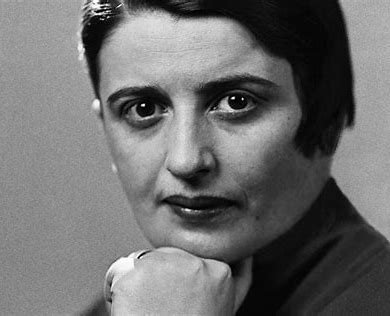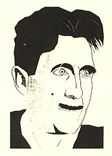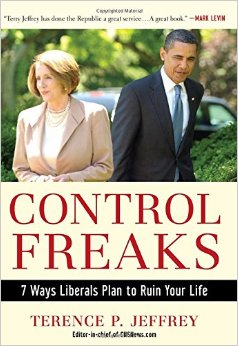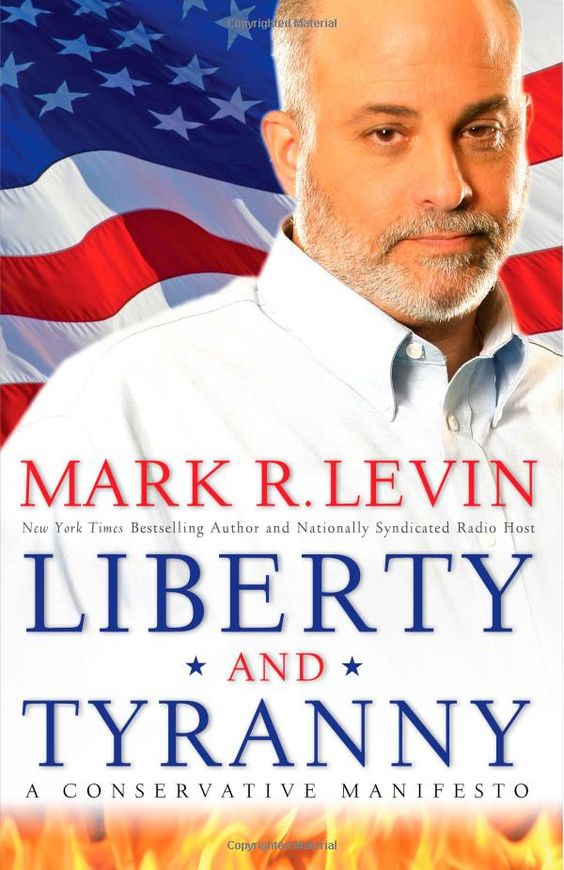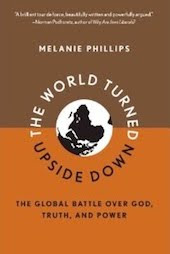Ayn Rand was born in St. Petersburg, Russia, on February 2, 1905. At age six she taught herself to read and two years later discovered her first fictional hero in a French magazine for children, thus capturing the heroic vision which sustained her throughout her life. At the age of nine, she decided to make fiction writing her career. Thoroughly opposed to the mysticism and collectivism of Russian culture, she thought of herself as a European writer, especially after encountering Victor Hugo, the writer she most admired.
Why “Atlas Shrugged” is flying off the bookshelves
According to a Library of Congress survey, Atlas Shrugged, published in 1957, may be second to the Bible as the most influential book read in America. It is required reading in management training at BB&T, the 12th-largest bank in the U.S. and one that resisted taking TARP bailout funds. Since the Obama administration took office, Atlas Shrugged has been making a renaissance with rising sales and library waiting lists, partly because it explains our current economic woes more straightforwardly than most of what we hear from today’s experts.
The Left’s Lust for Black Gangstas
Fox correspondent Erik Rush has just published a book, Negrophilia, with a profound premise. A biracial conservative, Rush decries the Left’s slobbering love affair with blacks. Like necrophilia, liberals’ obsession with black people is a sick and creepy fetish.
Orwell Today
Comparing the world George Orwell described in “1984”
with the world we are living in today, 2001/2/3/4/5/6/7/8/9 2010
How Liberals Want to Control Your Life
Terence P. Jeffrey doesn’t mince words in his new book about the Obama Administration’s goals for remaking America.
“Modern American liberals … would like to see the government exercise more control over our movement, our retirement income, our heathcare, our private property, our speech,” Jeffrey warns.
Mark Levin
There is simply no scientific or mathematical formula that defines conservatism. Moreover, there are competing voices today claiming the mantle of “true conservatism” — including neo-conservatism (emphasis on a robust national security), paleo-conservatism (emphasis on preserving the culture), social conservatism (emphasis on faith and values), and libertarianism (emphasis on individualism), among others. Scores of scholars have written at length about what can be imperfectly characterized as conservative thought. But my purpose is not to give them each exposition, as it cannot be fairly or adequately accomplished here, nor referee among them. Neither will I attempt to give birth to totally new theories.
“The World Turned Upside Down”-Melanie Phillips
In what we tell ourselves is an age of reason, we are behaving increasingly irrationally. More and more people are signing up to weird and wacky cults, para-psychology, seances, paganism and witch- craft. There is widespread belief in ludicrous conspiracy theories, such as the 9/11 terrorist attack being an American plot…
